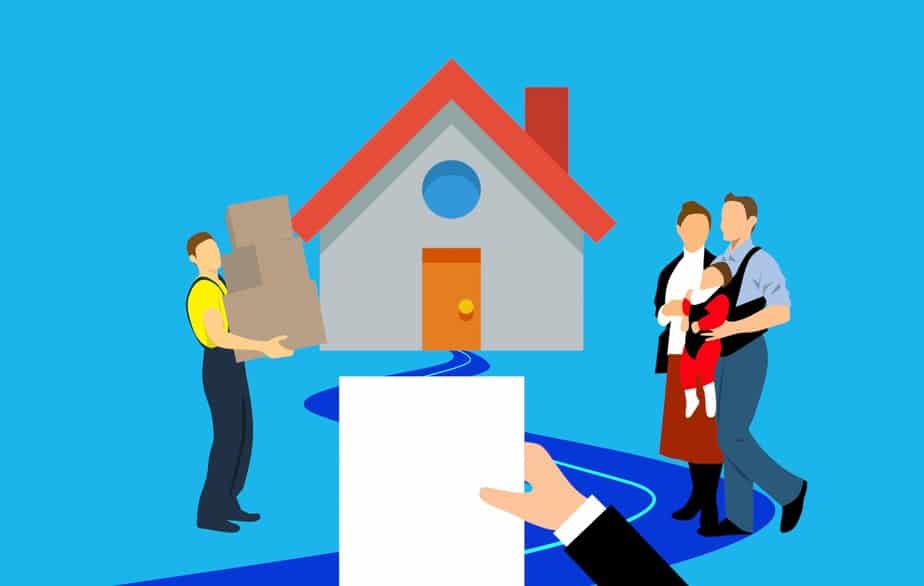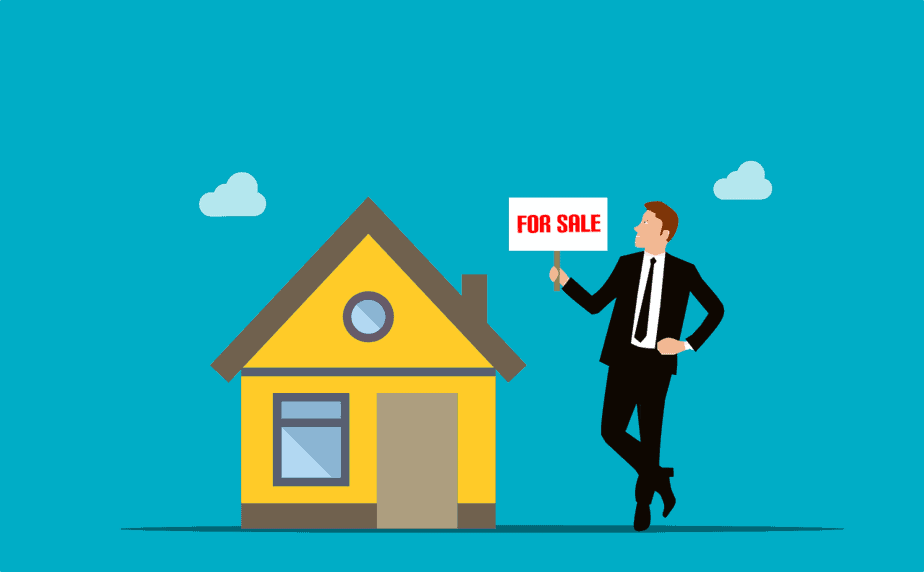When you’re looking to buy your first home, there’s going to be a lot on your plate and a lot going on. But one thing you certainly can’t afford to overlook are your finances. You need to make sure that you’re in good financial shape and you’ve ticked all of the relevant boxes before you go ahead and make a home purchase.

For people who are doing this for the first time, it can all be a bit overwhelming and confusing, so we’re going to try and clear a few things up. Preparing your finances will ensure you get the mortgage you need and no problems arise as you try to make your first home purchase.
Prepare Your Finances for Your First Home Purchase
The guide below will talk you through the most important steps that you’ll need to take along the way, so read on now and find out more about this whole process from a financial point of view.
Determine Your Budget
First of all, you’ll want to put in place a budget for your purchase. There’s no sense in starting to look for homes when you haven’t first taken the time to consider what you’re going to be able to afford and what you’re not. Your budget should be informed by the amount of deposit you’re going to be using and how much income you have. As we’ll discuss later, a mortgage calculator can be used to help you work out roughly what your budget should be based on those factors. Also, your budget should be what you can afford for monthly payments including property taxes and homeowner’s insurance, not just what the bank says.
Check Your Credit
It’s always important to go ahead and check your credit score before you start looking for homes and applying for mortgages. Your credit score tells you a lot about your finances but more importantly, it really tells you about how lenders are going to view you as a customer. If they see a bad credit score, they’re not going to want to lend you as much. It’s as simple as that. So check your credit score and see what you can do to improve it. Paying bills on time and paying off debts all help a lot.
Don’t Leave it Too Late to Start Saving Your Deposit
Saving for your deposit is something that you should ideally start doing a long time before you actually start looking to buy a home. You want your deposit to be sitting there and ready to go, and it’ll certainly need to be by the time you start applying for mortgages. In order to approve your mortgage, the bank will need to see proof of funds that show them that you do have the money to cover the deposit amount you’ll eventually pay. If you can’t provide that proof, they won’t pre-approve a mortgage for you.
Shop Around for the Best Mortgage Deals
Don’t simply choose a mortgage with the first bank you come across or the one that you’re already loyal to. You’ll want to make sure you’re getting the best deal possible and it’s only possible to do that when you shop around and compare the deals that are out there. It might mean switching to a bank that you haven’t used before, but if that allows you to achieve a better deal that you’ll be benefitting from for years to come, then it’ll be more than worth it for you.

Make Use of a Mortgage Calculator
A simple yet helpful tool that tends to really help a lot when you’re buying your first home is the use of a mortgage calculator. These can help a lot when you’re trying to figure out mortgage qualification and how much you’re going to be able to borrow from most lenders. Of course, each mortgage provider will give you a unique deal and you might be able to borrow more from some than others. But using one of these calculators will give you a general idea and allow you to prepare well.
Understand All the Fees You’ll Need to Cover
Understanding that the fees that are associated with your home purchase and getting a mortgage need to be covered as well is key. Many people think about their deposit and then they forget about everything else that needs to be paid for. Everything from mortgage fees to solicitors fees need to be covered financially. So you’re not going to be able to dedicate 100% of your funds to your deposit. Instead, you should leave some extra room for those necessary added extras to be paid for.
Get Pre-Approved Before You Start House Hunting
It always makes most sense to get pre-approved for your mortgage before you begin the process of hunting for a home. That way, you’ll have the mortgage under your belt and ready to go before you start looking for homes. You won’t have to be making offers and worrying about whether you’ll be accepted. It’s pretty standard practice now for people to get pre-approval at the start of this whole process, so don’t delay it if you’re ready to start house hunting soon.

Find a Good Home Insurance Deal
Once your home is bought, another cost that you’ll want to be careful not to forget about is home insurance. You’ll need some sort of cover under the terms of the mortgage, so this isn’t something that you can avoid, and nor should you want to avoid it even if you could. It’s a relatively small sum of money, but it’s still worth shopping around and finding the deal that’s going to offer you the most coverage and the most affordable rate.
Avoid Big Purchases Before Applying for a Mortgage
As you get closer to applying for your mortgage, you’ll want to avoid big spending if you can. This is something that can scare lenders and make them less likely to approve your mortgage application. Or they might only be willing to offer a mortgage on reduced terms, which is obviously not ideal for you. So try to keep spending relatively low key until you have the mortgage application approved or until the purchase of the home goes through.
Avoid Big Career Changes Too if Possible
Avoiding big career changes is another thing that you’ll want to avoid if possible. Your income and your job are things that will be looked at when you’re applying for a mortgage. And if you’ve just started a new job, this is something that might suggest instability or uncertainty to the lender. It’s usually a case of them being over-cautious, but nonetheless, it could damage your chances of having the mortgage application approved. So maybe hold off any career changes until the purchase is sorted.
Get Your Proof of Income in Order
Finally, you need to make sure that you have a way of proving your income and job status to the lender. This is easy enough in most cases. But it can be a little more complex if you’re self-employed or you work as a small business owner. They’ll want to see documentation that shows them your income, usually going back at least a couple of years. This shows them that consistency that we mentioned briefly above. Get this paperwork straight for a smoother application process.
Buying your first home is a major milestone and a huge step to take. But if you’re going to do it right and avoid mistakes, you need to plan it carefully and make sure that your finances are in good shape moving forward. Each of the points we’ve discussed above will be very important as you make this move.